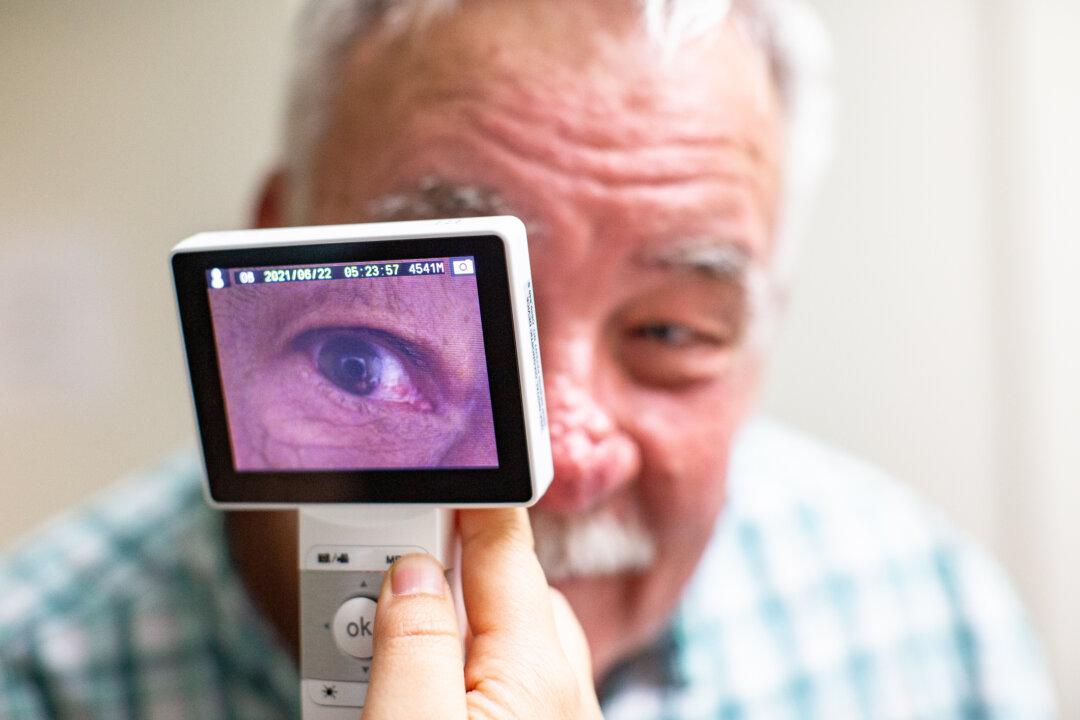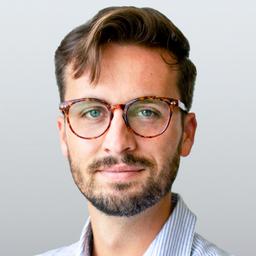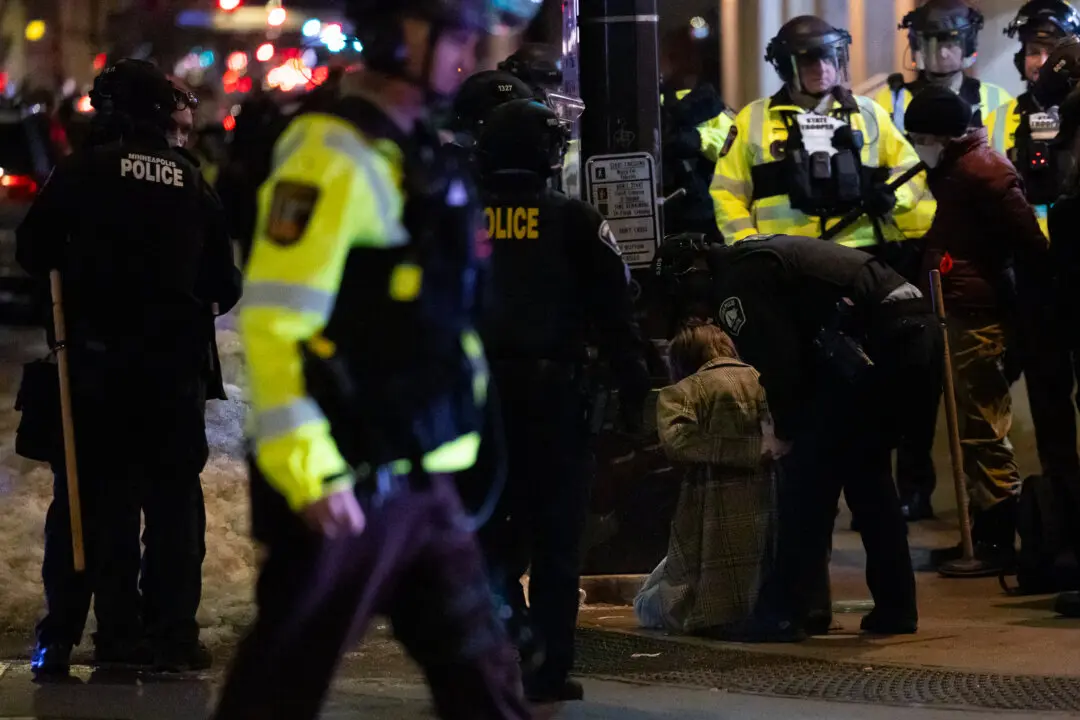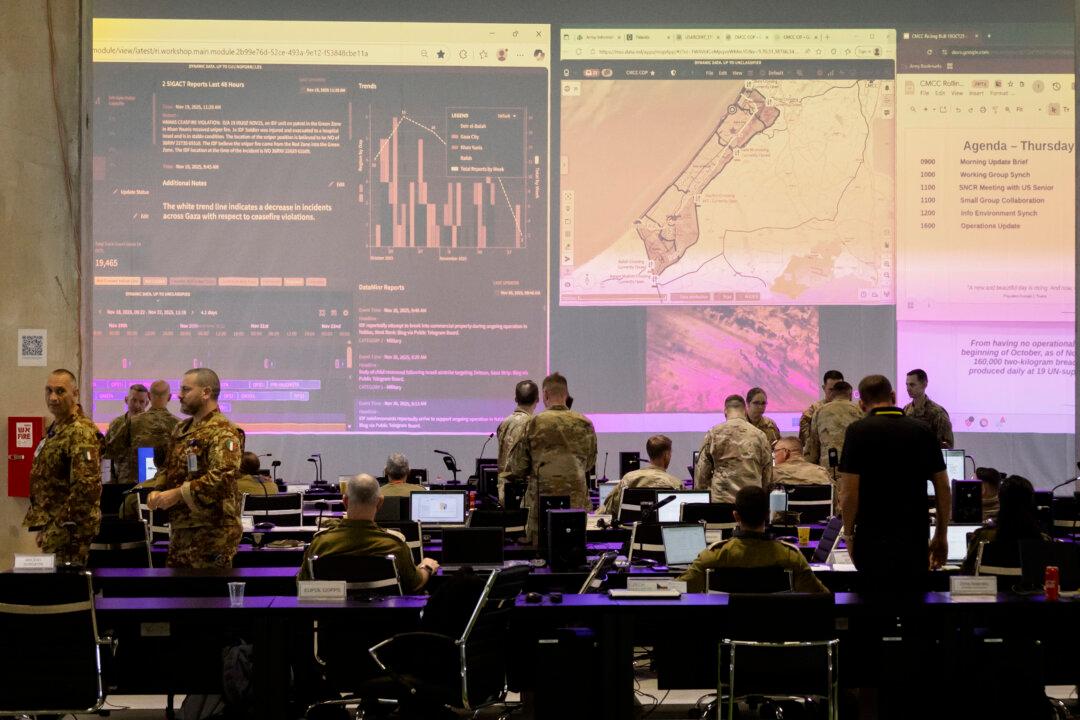ORANGE, Calif.—Having seen more than one million patients since opening 40 years ago, the Lestonnac Free Clinic continues to find new ways to help financially stricken individuals at no cost to taxpayers.
When patient Maria Cortez walked into the clinic on June 21 to see a specialist about her trouble breathing, she was seated by a medical assistant in front of a machine containing a screen, camera, and medical devices that help record her body information. The state-of-the-art technology allows medical specialists to see and connect with patients remotely.




